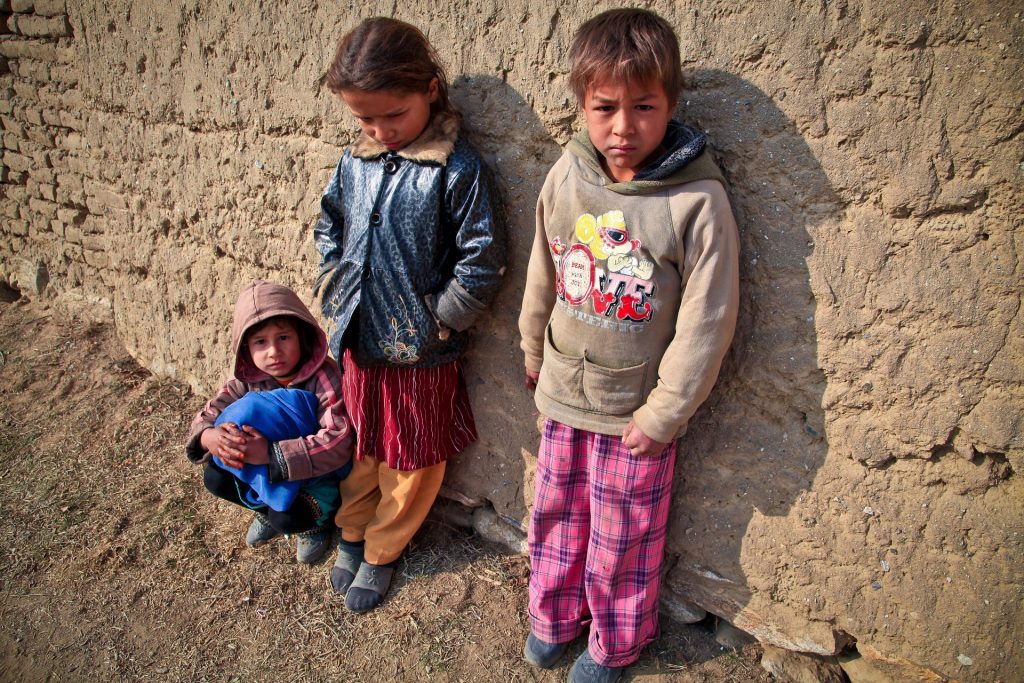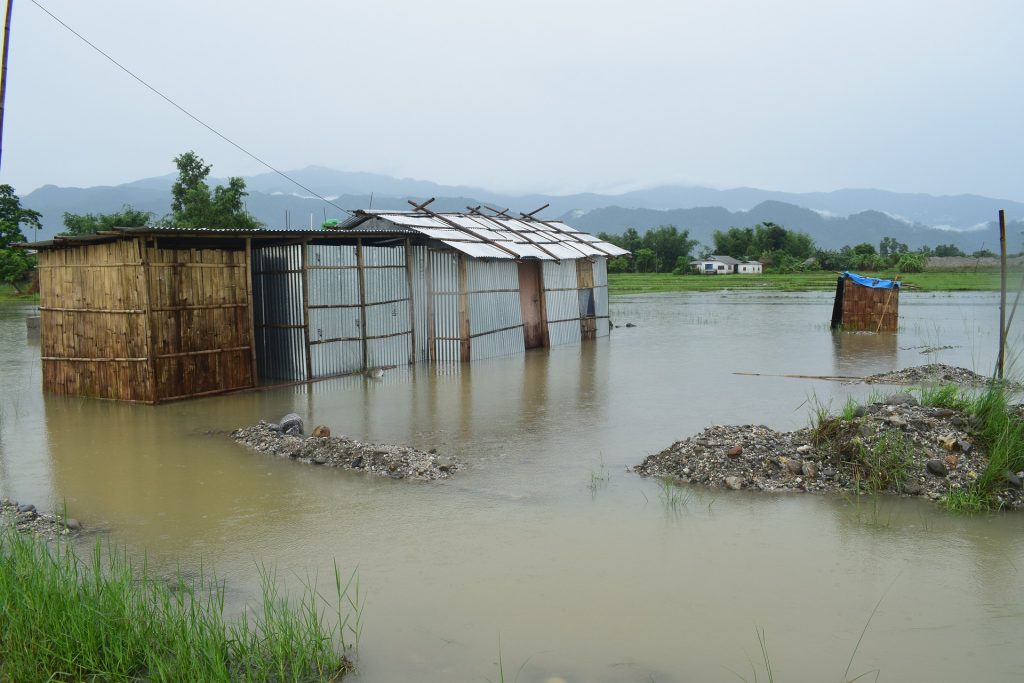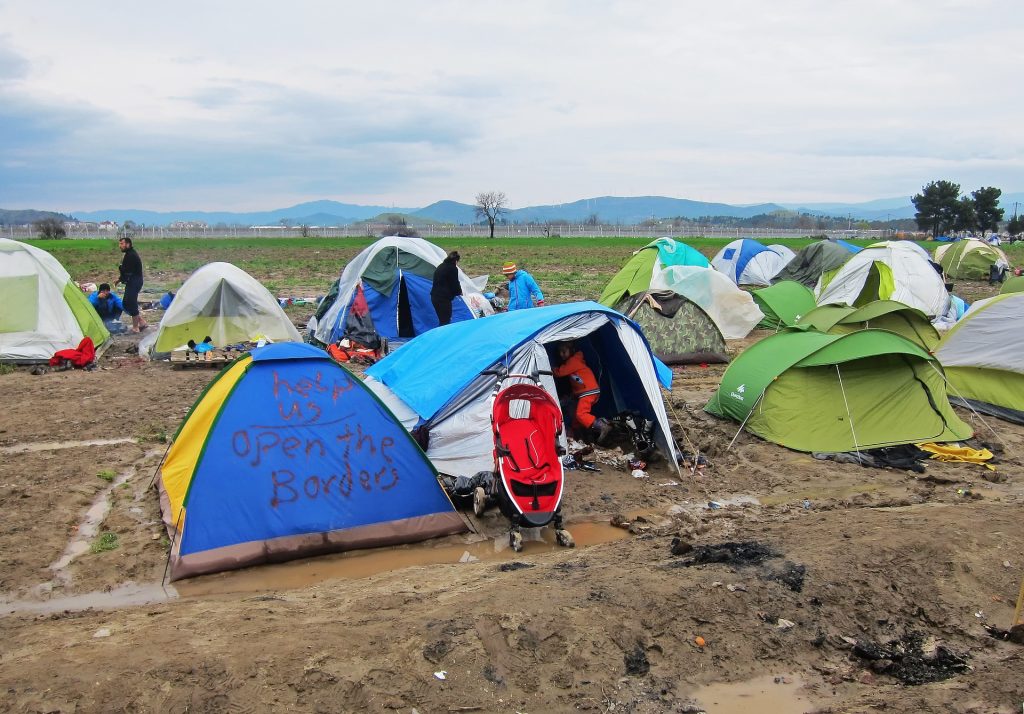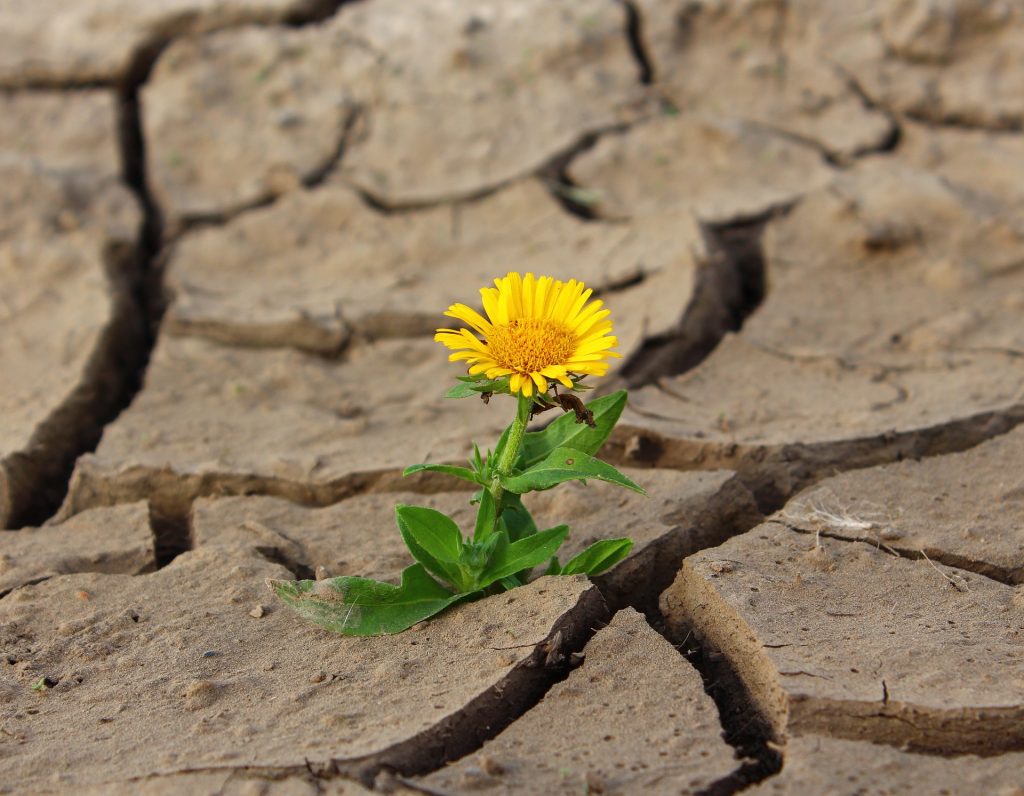Across the world, including right here in the UK, there remain several crises which will continue to impact communities of all sizes and backgrounds and in turn, place pressure on charities to provide vital support.
As 2022 drew to a close as another challenging year for the third sector, we find ourselves looking ahead and wondering what 2023 may hold.
Updating your organisation’s 2023 plan will help in managing the challenges being faced by the people that you serve. Whether your organisation works across multiple countries delivering emergency response, implementing developmental aid to combat poverty or right here in the UK, specialising in meeting a particular need; these crises will have a direct or indirect impact.
Being prepared is vital and allows us the opportunity to strive for excellence in our work by conducting risk-analysis and putting in place measures to combat obstacles. From predicting income fall or expenditure increase, to finding new funding streams, to planning and implementing emergency campaigns, to hiring staff or volunteers, being aware of what the year may hold, and planning accordingly will work well for your charity.
Here are some of the primary areas of concern forecast for 2023….and responses to protect, prepare and manage.
Covid19 and the ongoing pandemic
The Covid19 pandemic is not yet over. China is continuing to report an alarmingly high number of cases and new strains of the corona virus are being identified across multiple countries, including the UK. Although public vaccination will have helped, we cannot confidently say that there will not be a return to mask-wearing, closure of services or other restrictions. Those who are clinically vulnerable may remain at risk.
In addition, including in the UK, viruses and illness are on the rise, perhaps due to people’s lowered immunity as a result of the Covid19 pandemic and lockdowns.
Response:
Remaining Covid19 aware and having a Covid19 policy to implement across all channels and activities is wise. This includes where there may be a drop in event fundraising income or where extra measures must be put in place during aid delivery. This includes when working in other countries. Being sensitive to the ongoing impact of Covid19 on your beneficiaries physical and mental health is also important. Update your Covid19 Response Policy and ensure is includes all areas planned for 2023. Be in a position to implement measures at short notice, should they be needed. Continue to explore diversifying income streams to combat being reliant on community fundraising.

Rising hunger
Rates of global hunger continue to rise. More than 80 million people need help in the across Africa. Somalia is teetering on the brink of famine. Yemen continues to suffer hunger and starvation. Pakistan, affected by severe flooding in 2022, is facing rising rates of food insecurity. In Palestine and Syria, conflict continues to disrupt food supply, leaving children malnourished and weak.
The war in Ukraine has plunged the world’s hunger rates even lower. Climate change and the effects of Covid19 pandemic are continuing to place pressure.
Response:
Providing emergency food relief is essential in saving lives. Being able to source food from within countries where possible, can help reduce response times and boost economy and jobs. The hunger crisis will not go away any time soon so a focus on developmental aid is vital. Livelihood support, crop supplementation and rotation, livestock and agriculture are essential to build communities back up to be resilient. However, to prevent future tragedy, this needs to be done with climate change in mind. Crop protection, planting specific variants which are more able to withstand drought or heavy water and effective irrigation systems are essential. Empowering people with skills beyond agriculture, especially in rural areas, is vital.

The Cost-of-Living Crisis
Within the UK, the Cost-of-Living-Crisis is causing a rapid rise in the number of people suffering homelessness or food insecurity. Rising rents and an increase in the number of evictions has pushed more people out on to the streets. An additional 25,000 families are experiencing homelessness for the first time in the UK alone. Those who are No Recourse to Public Funds (NRPF) due to refugee/asylum-seeker status are some of those most severely affected. A rise in the number of mental health cases as a direct result of debt and stress from rising costs, is being reported across helplines. More children are becoming increasingly dependent on Free School Meals although the qualifying criteria remain restrictive.
Response:
Being mindful of the pressures on household incomes is important. Many families who may previously have been donors, are simply unable to afford this anymore. Persistent follow-up communication to lapsed donors needs to be sensitive. Likewise, that to current one-off donors asking for regular donation. Make sure your communications portray the message that you are not only asking for support, you are also able to support them, should they need it.
Where your service meets a specific need, such as food poverty or mental health, there will continue to be a higher demand. Recruiting additional volunteers or staff now is wise to combat pressures on those serving on the front line. Looking at partnerships with other local charities, businesses or public services may help you manage need. A multi-disciplinary approach continues to be essential particularly in respect of safeguarding.

Climate Change
Despite COP27 a few months ago, the world is yet to make considerable progress in the fight against climate change. Reducing carbon emissions and global temperatures have yet to be achieved. Government funds into effectively and practically tackling climate change remain a talking and stalling point. Sadly, those who are already suffering the most will continue to be affected the most. Natural disaster and extreme weather will continue to pose serious threats. From depleted rainfall, drought, severe flooding, landslides and earthquakes, some of the poorest communities remain at risk.
Response:
Implementing climate change awareness into developmental aid strategies is vital. From use of solar and wind power to energise communities, sustainable pipelines, water pumps with long-term life expectancy, rainfall filtration systems, desalination of sea water, construction of sustainable and resilient shelter using shear walls, elevated floors and deepened, flexible foundations.

War and Migration
Continuing conflict in Syria, Gaza, Ukraine, Kashmir and many other regions pose serious concerns. 89.3 million people across the world have been displaced from their homes. Blockades on aid and rising poverty are serious challenges which affect people across borders. Mismanaged migration, removal of rights of those who are refugees, people forced into desperately taking illegal and unsafe routes, lack of governmental support and whole generations suffering trauma. For charities trying to reach these areas, restrictions on aid delivery and de-risking of charity accounts by banks is resulting in major disruptions to relief aid.
Response:
Where possible, working on the ground from field offices may reduce lines in aid supply chains, helping to minimise risk and restrictions. In some regions though, using a locally registered government partner may be the safest or only option. Priority should remain on delivering aid as quickly and efficiently as possible so collaboration may be helpful. In terms of finance, working with UN agencies can provide secure routes to meeting needs. Calling out de-risking practice and speaking openly about concerns is important to ensure sector strength. Whilst some caution should be exercised in activism, being aware of decisions and actions from UK and other country government is important in helping public awareness.

As with all these issues, operating with openness and transparency is important – not just in terms of reporting and informing donors to build trust and relationships, but also with respect to safeguarding and governance. Our faith teaches us that the work we do and the donations we handle are an amanah (trust) and we are founded in truth (haqq).
It’s not all doom and gloom for 2023 though. As with all things, Allah (swt) provides. Knowing how to use your resources (ihsaan), work together to learn from one another (take action) and remain focused on our correct intentions expecting the best from Allah (swt) are teachings of our faith which will help enormously as your organisation moves forward into another year.
To join MCF as a Member organisation and gain exclusive access to working groups and resources that will help you tackle future challenges and connect with colleagues, please email info@muslimchartiesforum.org.uk or visit Become a Member – Muslim Charities Forum

